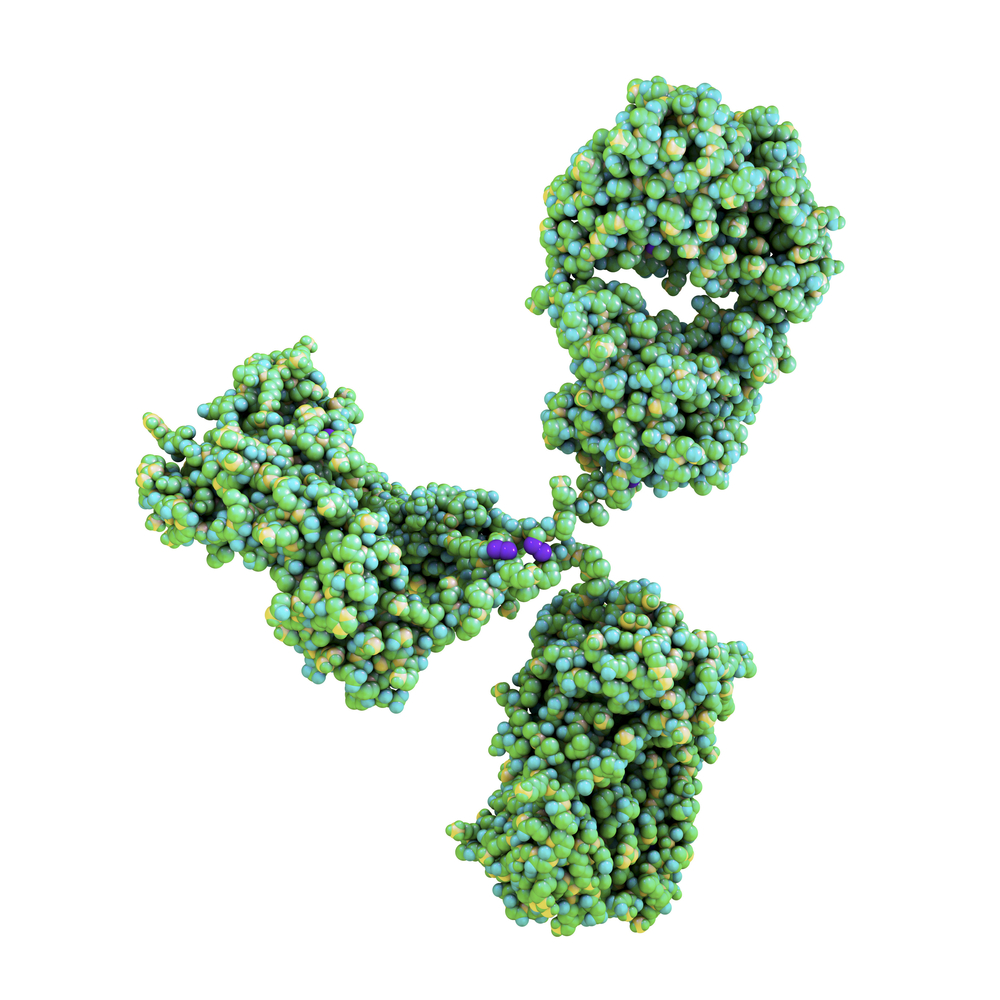MOUSE ANTI-TETANUS TOXIN ANTIBODY (TETE3)
Mouse anti Tetanus toxin antibody (clone TetE3) recognises tetanus toxin synthesised by Clostrium tetani. Mouse anti tetanus toxin antibody is suitable for ELISA and Western blotting applications. The antibody also has the ability to neutralise tetanus toxin in in vivo assays.
PRODUCT DETAILS – MOUSE ANTI-TETANUS TOXIN ANTIBODY (TETE3)
- Mouse anti-Tetanus toxin monoclonal IgG1 antibody (clone TetE3).
- Greater than 95% purity by SDS-PAGE and buffered in PBS, pH7.4.
BACKGROUND
Tetanus is a bacterial disease caused by tetanus toxin, also known as tetanospasmin. Tetanus toxin is an extremely potent neurotoxin that is synthesized by Clostridium tetani, an anaerobic, gram-positive, spore-forming bacterium of the genus Clostridium. The spores of C. tetani are widely found in soil and the intestinal tracts of vertebrate, where they are generally benign. Infection can occur when C. tetani spores enter the body via an open wound, proliferate under anaerobic conditions and produce tetanus toxin.
The tetanus toxin is closely related to botulinum neurotoxins. Tetanus toxin is produced in the cytosol of C. tetani. The toxin is a zinc-dependent metalloprotease composed of a heavy and light chain linked by a disulphide bond. Tetanus neurotoxin consists of three domains each having different functions which are: – receptor binding, membrane translocation and endopeptidase activity. Tetanus toxin binds to the presynaptic membrane of the neuromuscular junction, is internalized and moves by retrograde transport via the axon, to the spinal cord. The continuous muscle contractions induced by the toxin is due to the blocking of neurotransmitter release from spinal inhibitory interneurons (Pellizzari, R).
In humans, tetanus toxin causes severe, uncontrolled spasms and rigidity of involuntary muscles. Tetanus is categorised as generalised, neonatal, local or cephalic, depending on the area of the body where muscular spasms occur. Generalised tetanus is the most commonly occurring form which affects the jaw, facial muscles, the spine and abdomen. In some cases, the airways of patients may be affected resulting in death. Neonatal tetanus, is of the generalised form, is often fatal and a problem in developing countries where vaccination isn’t widespread and infection via the umbilical stump occurs (WHO).
REFERENCES
- Pellizzari R, Rossetto O, Schiavo G, Montecucco C.1999. Tetanus and botulinum neurotoxins: mechanism of action and therapeutic uses. Philos Trans R Soc Lond B Biol Sci.28;354(1381):259-68. Review.
- World health organization: factsheets, Tetanus

